ms and lyme disease
 Lyme disease vs. multiple sclerosis (MS): Differences in symptoms, causes, and treatment | LymeNow.com
Lyme disease vs. multiple sclerosis (MS): Differences in symptoms, causes, and treatment | LymeNow.comPatient Information What is the difference between Lyme and MS neurological disease? Listening to the words "you have Lyme disease" or "have MS (multiple sclerosis)" may be quite disturbing. And to complicate things, when Lyme disease affects the central nervous system, symptoms can be very similar to the EM. So it can be hard to differentiate the eye without training. Many doctors are generalists and are not specially trained to diagnose any disease. Dr. Olga Syritsyna is a neurologist with sub-specialization in the neurological disease of Lyme and MS. What is Lyme's neurological disease? First, let's start by defining Lyme disease. It is a tick-borne seasonal infection caused by the Borrelia burgdorferi bacteria that can affect multiple organs and systems in the body. It is called after Lyme, CT, where it was first identified in 1975. In about 15 percent of cases, Lyme disease affects the central nervous system. When it does, it is known as neurological Lyme disease. Sometimes people who think they may have Lyme disease find that they have MS (a central nervous system disorder mediated by immune). Lyme disease as an infection can act to trigger MS attacks. That is why a neurologist specially trained to know the differences is key. What symptoms do you have in common with MS? Neurological symptoms may develop from days to weeks to months after Lyme agents are inoculated on the skin at the tick bite site. This is the place where the bull's eye eruption appears. Suggestive symptoms are headache and stiff neck. Other symptoms may include facial nerve paralysis (single), blurred or double vision, spine pain, confusion and fatigue. Neurological Lyme disease can also affect thought, memory, and ability to process information. Some of these symptoms are also common to the EM. Who is at risk of neurological Lyme disease? Most people who develop neurological Lyme disease get sick during the summer months. Black ticks that cause Lyme disease live in humid and humid environments, in and near tree-lined or pasty areas. To reduce the risk of getting Lyme disease, some simple precautions can help: Cover. Use insect repellent. Do what you can to try your yard. Look at you, your kids and your pets for ticks. Don't assume he's immune. Remove a tick as soon as possible with tweezers. Who's at MS risk? 90% of people diagnosed with MS develop it between 15 and 50 years, but occasionally it can hit the younger and older. MS is more common in women (there is currently a ratio of 3:1). Vitamin Deficiency D, smoking and having had mononucleosis increase the risk of MS. There are low, medium and high-risk areas. North Europe, Canada and the United States are three examples of high-risk areas for MS. Why choose Stony Brook for diagnosis and treatment of neurological Lyme disease? For neurologic Lyme disease, Stony Brook has a wide experience in the detection of antibodies to the burgdorferi bacteria that is worn by ticks and can affect the central nervous system. We make frequent lumbar punctures (spinal taps) and perform a variety of tests in cerebrospinal fluid. What about MS diagnosis and treatment in Stony Brook? We've seen the best long-term results when treatment starts early. We now know that permanent damage in patients not treated with MS occurs even when there are no symptoms. This makes early diagnosis and a long-term plan to manage the disease essential. In Stony Brook, MS treatment occurs at many levels: the modification of therapy diseases, the management of symptoms, the treatment of acute attacks, ongoing health assessments, lifestyle modifications and more. We also offer infusion therapy when a patient's condition cannot be effectively treated by oral medication (orally). An infusion of a medication is usually given intravenosely (in the veins). Our patients also have access to many ongoing clinical research trials for MS, several of which have developed right here in Stony Brook and can be seen in: To make an appointment with a neurologist trained in neurological Lyme disease and MS, call (631) 444-2599. Call us. Stony Brook Medicine 101 Nicolls Road Stony Brook, NY 11794
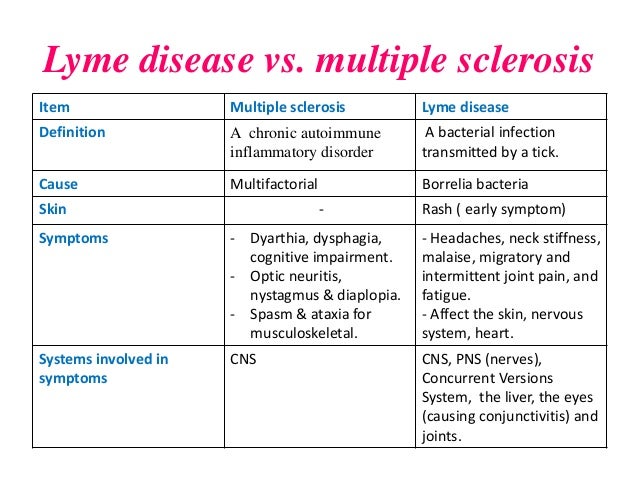
Lyme disease vs. ms
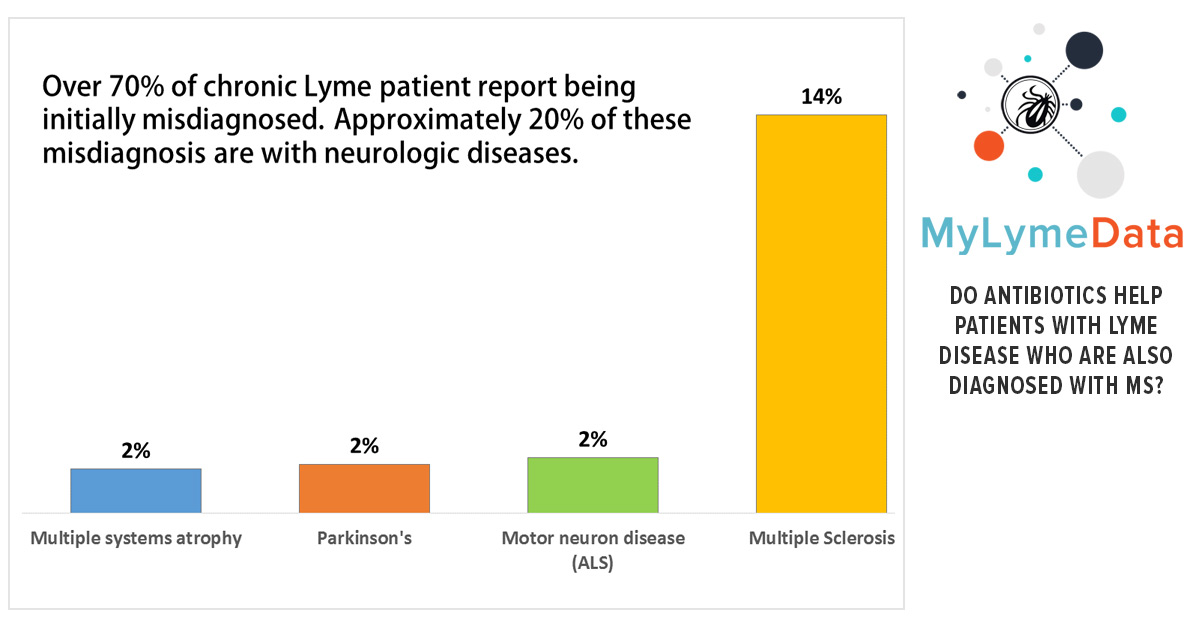
Do antibiotics help patients with Lyme disease who are also diagnosed with MS? | LymeDisease.org

Lyme: No link to multiple sclerosis, ALS, Alzheimer's, autism, or Parkinson's

Lyme Disease vs. MS: What's the Difference?
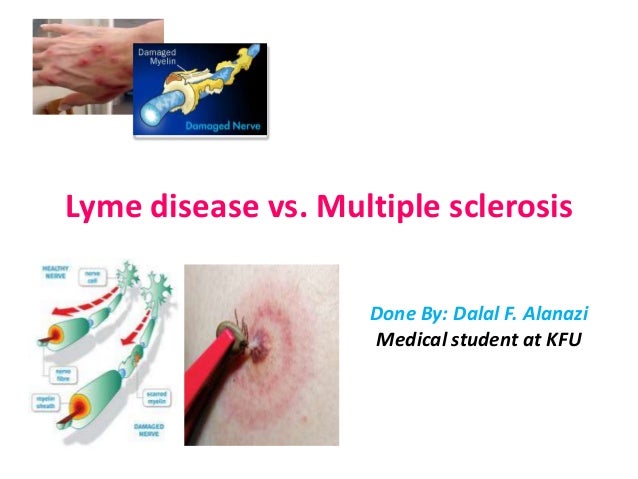
Lyme disease vs. ms
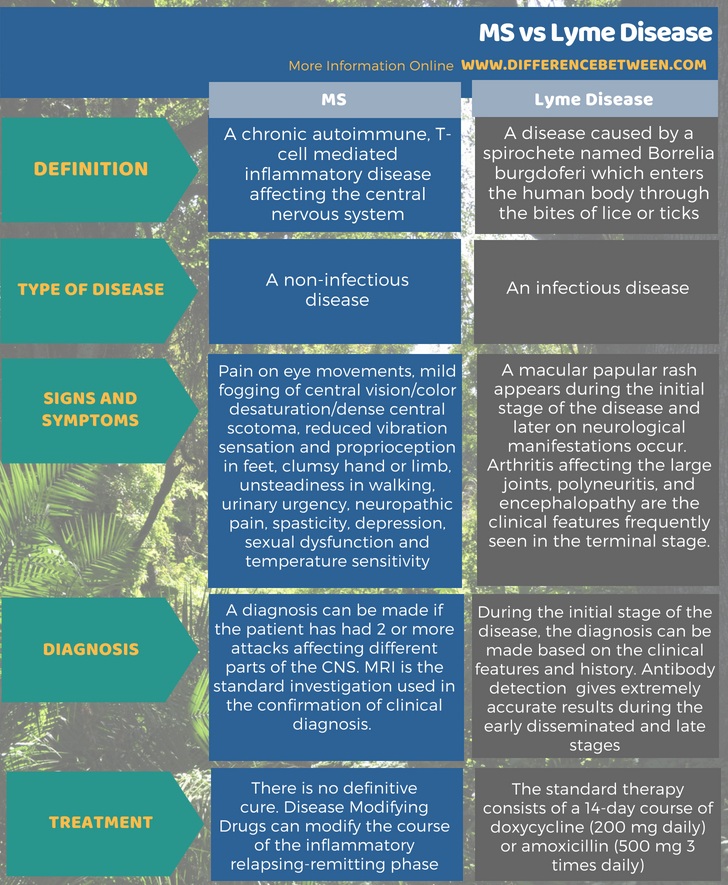
Difference Between MS and Lyme Disease | Compare the Difference Between Similar Terms
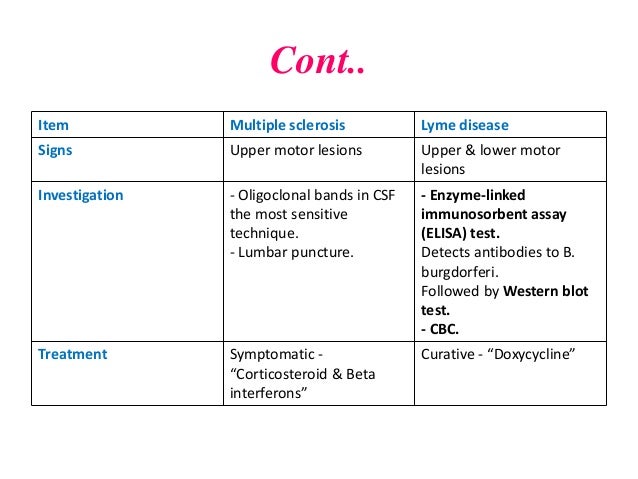
Lyme disease vs. ms
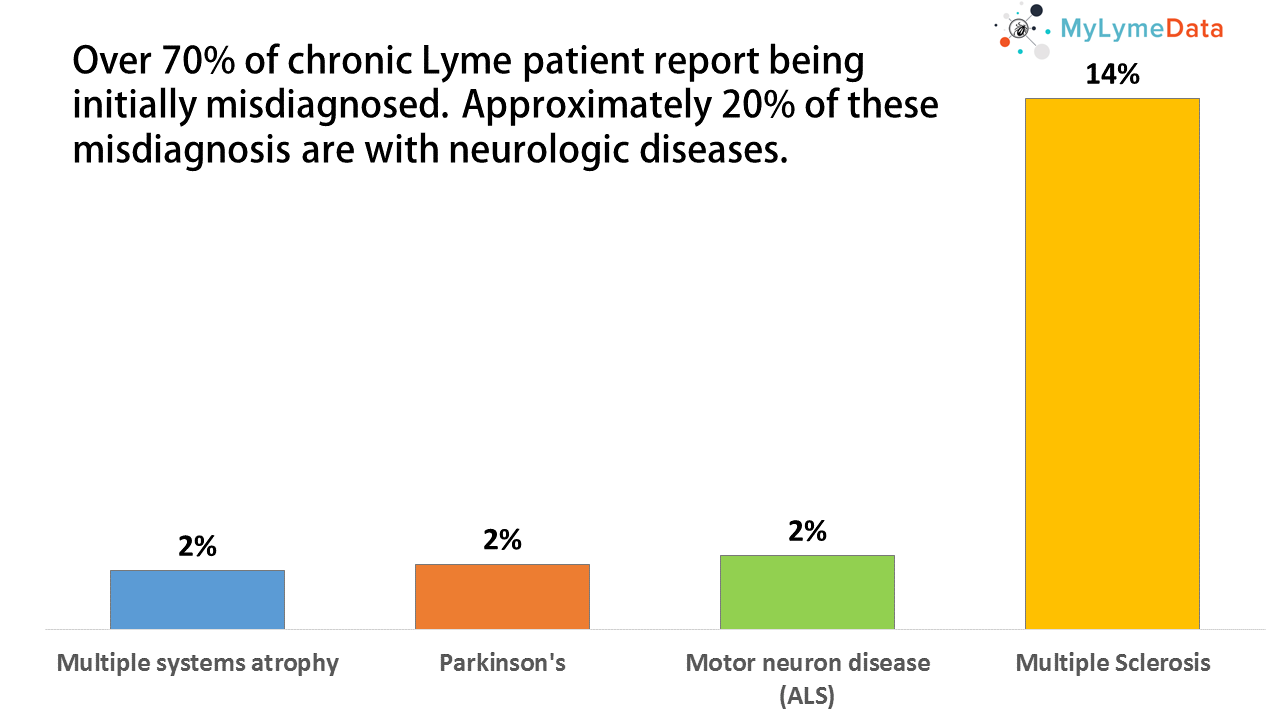
LYMEPOLICYWONK: Do Antibiotics Help Lyme Patients who have MS?
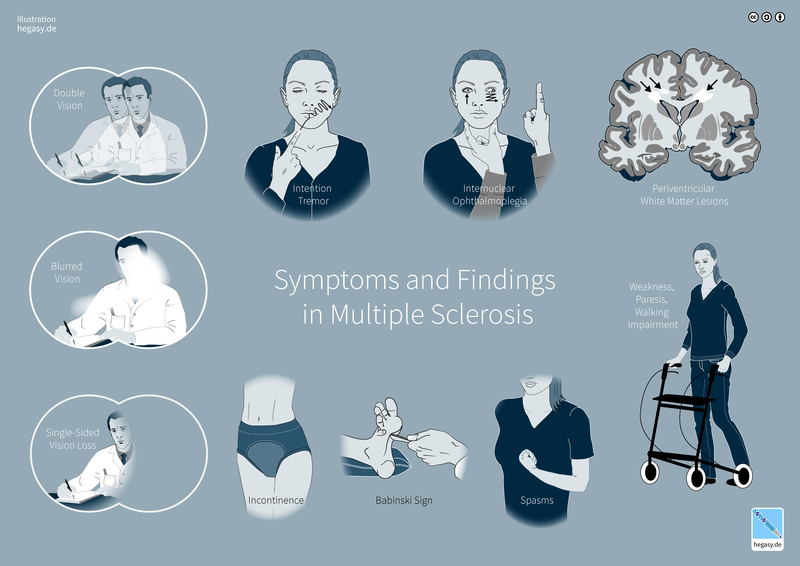
Difference Between MS and Lyme Disease | Compare the Difference Between Similar Terms

Charts Comparing MS, Lyme, Fibro and Chronic Fatigue | Lyme, Lyme disease, Invisible illness
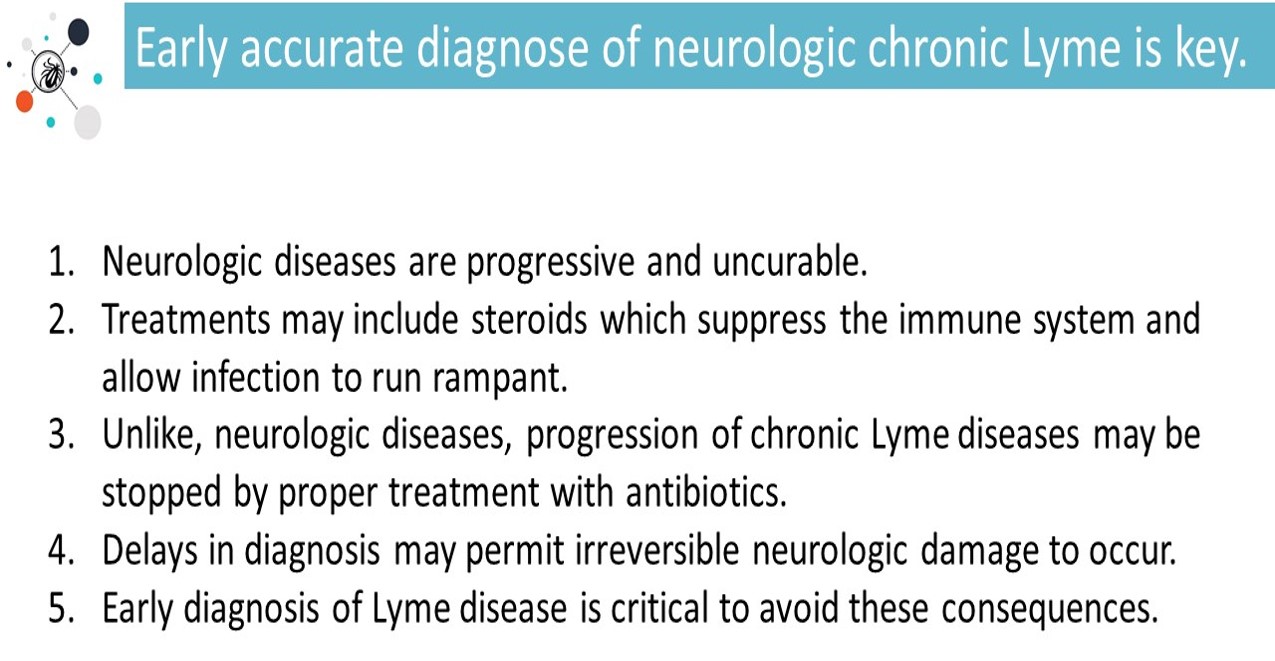
LYMEPOLICYWONK: Misdiagnosis of Lyme disease as MS --MyLymeData Quick Bytes | LymeDisease.org

What is Lyme Disease and Multiple Sclerosis: What is The Link?
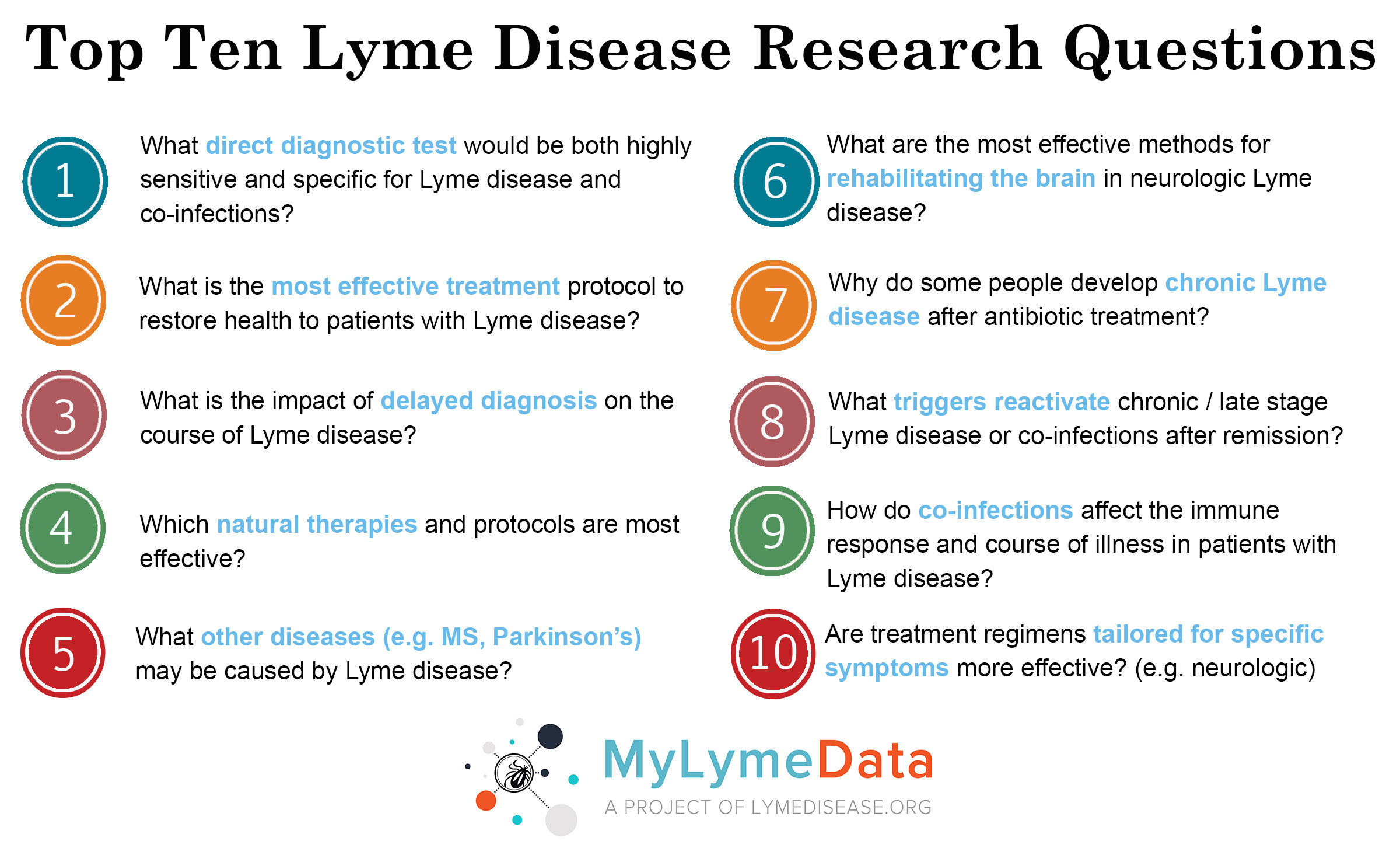
Number one research priority for Lyme disease? Better testing.

Lyme: No link to multiple sclerosis, ALS, Alzheimer's, autism, or Parkinson's

Multiple sclerosis is Lyme disease: Anatomy of a cover-up | Multiple sclerosis, Lyme disease, Lyme
LymeDisease.org sur Twitter : "An association between #Lyme disease and Multiple Sclerosis has long been suspected. A new study finds antibiotics are effective for treating #MS https://t.co/pxCsudeYVZ… https://t.co/v1jIlxQT2W"

Esri ArcWatch October 2007 - Spatial Patterns of Disease Inspire New Ideas on Possible Causes

Multiple Sclerosis - Cancer Therapy Advisor

DIAGNOSING LYME WITH MS FEATURES - ppt download
Lyme Disease and Mulitple Sclerois Charts

Lyme Disease: The Diagnosis and Treatment
Cure for tinnitus and vertigo, is tinnitus caused by loud noises, ms lyme disease symptoms

Host Metabolic Response in Early Lyme Disease.,Journal of Proteome Research - X-MOL

Metabolic differentiation of early Lyme disease from southern tick–associated rash illness (STARI) | Science Translational Medicine
LymeDisease.org on Twitter: "Patients with #LymeDisease are often misdiagnosed with fibromyalgia, MS, ALS... Do you know the signs? Here Dr. Alfred Miller offers some excellent advice: https://t.co/queqbhSk7v #Neuroborreliosis #chronicpain ...
Confounding Issues in the Diagnosis of Multiple Sclerosis: Lyme Disease Testing

LYMEPOLICYWONK: Misdiagnosis of Lyme disease as MS --MyLymeData Quick Bytes | LymeDisease.org

Symptoms of Lyme Disease and MS: What You Should Know
Man Dies From Lyme Disease: 'No One Wants to Talk About It' | HuffPost Life

Multiple sclerosis is Lyme disease: Anatomy of a cover-up | Multiple sclerosis, Lyme disease, Lyme

Pin on Fibromyalgia & MS

On new map, Lyme disease risk areas include Minn., Wis. | MPR News

Evaluation of Serological Testing for Lyme Disease in Military Health System Beneficiaries in Germany, 2013–2017 | Health.mil

1-Spatial Statistics Provide New Insights

PEMF Therapy for Lyme Disease - Electrocute Your Lyme (and Other infections)

The Dangers of Misdiagnosing MS and Lyme Disease - Lyme Disease - A Patient's Guide

Information about Lyme Disease | Lyme disease awareness, Lyme disease, Disease awareness

Evaluation of pathogen specific urinary peptides in tick-borne illnesses | Scientific Reports

Neurological Lyme Disease and Its Correction; Neuroborreliosis, MS, ALS, Parkinson's, and More | Biologix Center for Optimum Health
MS vs. Lyme Disease - Dr. Susan L. Marra, MS, ND, PLLC
Posting Komentar untuk "ms and lyme disease"